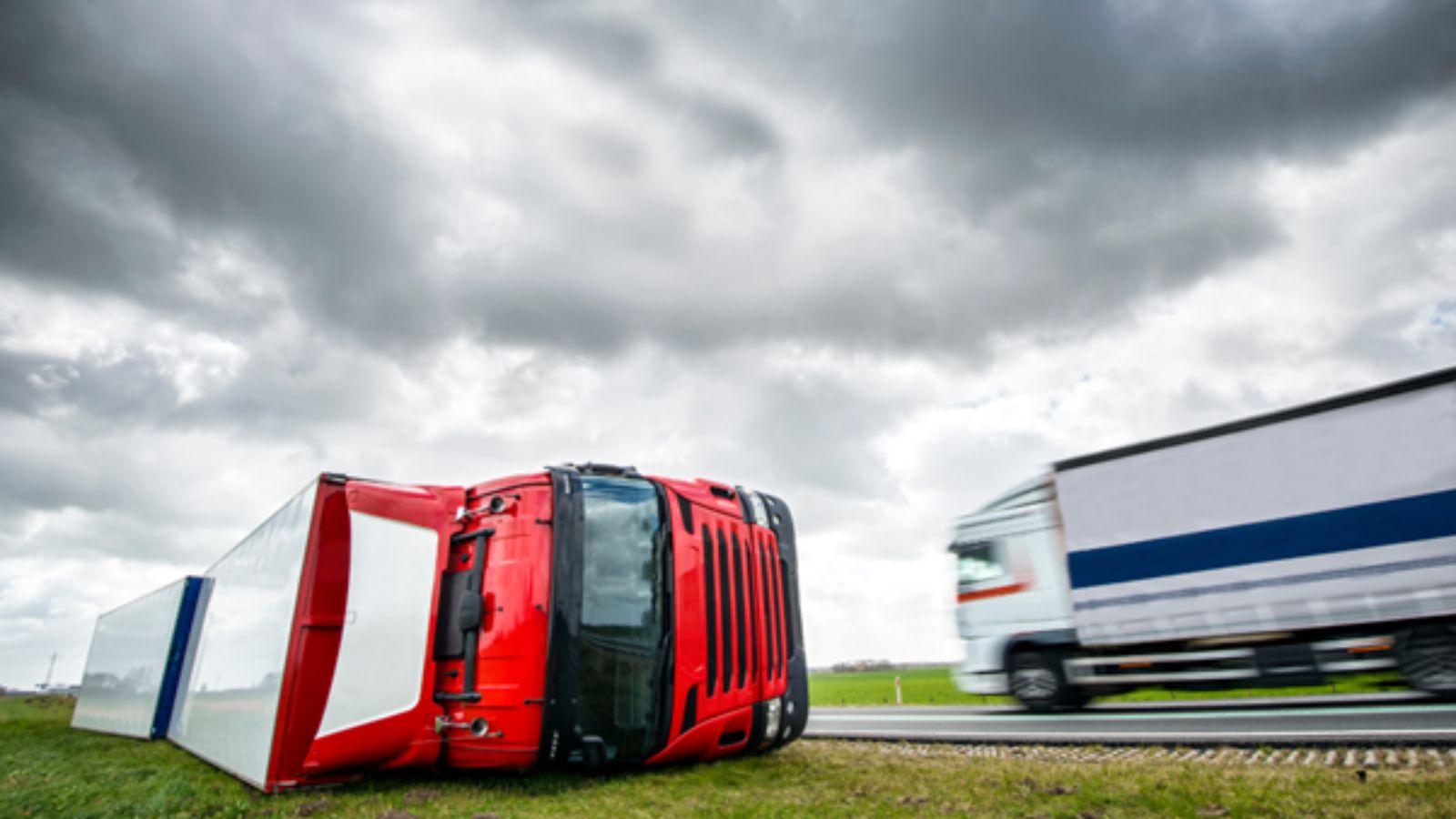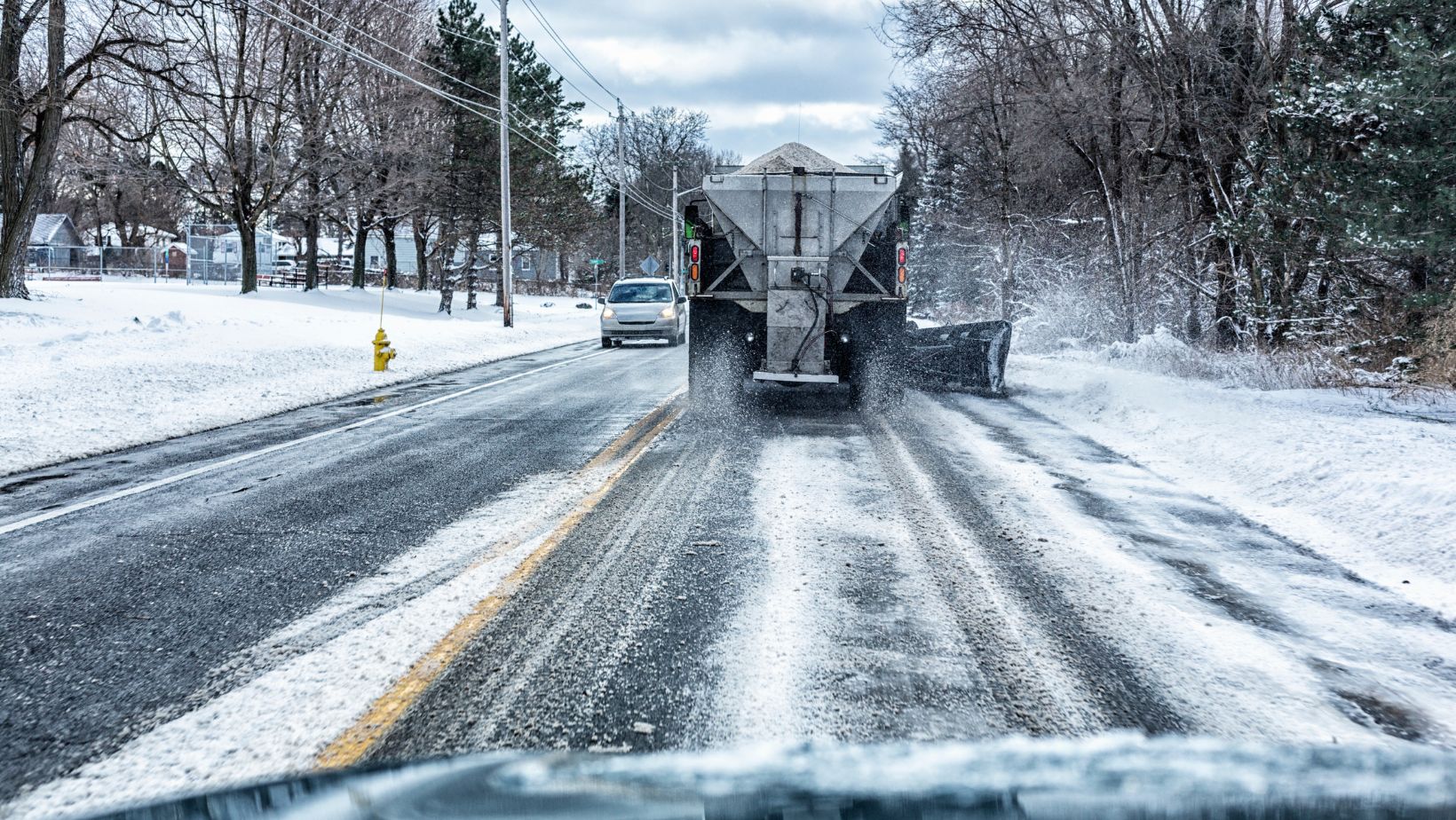How to Determine the Fault in a Truck Accident Case

When a truck accident happens, figuring out who’s responsible isn’t as simple as pointing fingers. Truck accidents are more complicated than regular car crashes because they usually involve multiple people, strict regulations, and a mountain of evidence. That’s why understanding how fault is determined in these cases is so important, especially if you’re a victim trying to get the compensation that is due to you after you’ve suffered pain, injuries, and damages.
If you’ve been involved in a truck accident, you’ll need someone who understands all the layers involved, from trucking laws to evidence collection and everything in between. That’s why many people turn to truck accident attorneys from Tucker Lawyers PC. They know how to dig deep, ask the right questions, uncover the truth, and ultimately determine the right party that’s at fault.
The Role of Trucking Regulations in Determining Fault
Truck drivers and trucking companies don’t just have a general responsibility to drive safely; they also have to follow strict rules set by the government. These include both federal and state laws that cover everything from how long a driver can stay on the road to how a truck should be loaded.
Here are some examples of regulations that can play a huge role in proving fault:
- Hours of Service (HOS): HOS laws limit how many hours a driver can be on duty. If they go over the limit and end up falling asleep behind the wheel, that’s a major problem.
- Vehicle maintenance: Trucks have to be inspected and maintained regularly. If the brakes fail or the tires blow out because someone skipped maintenance, that’s on them.
- Cargo loading: There are rules for how to load and secure cargo. If cargo shifts or falls off because it wasn’t secured properly, that can lead to a serious crash.
- Driver qualifications: Drivers must have the proper license and training. If a company hires someone who isn’t qualified, they can be held accountable.
When any of these rules are broken, it’s strong evidence that the driver or company was at fault.

Collecting the Right Evidence Is Key to Determining and Proving Fault
No matter how serious the accident is, you can’t just say someone was at fault; you have to prove it. That’s what you need evidence for. In truck accident cases, the evidence is usually more complex and technical than in regular car accidents.
These are the types of evidence that are typically used:
- Police Reports: These are official documents created at the scene. They include the officer’s observations, diagrams, and even statements from those involved or nearby witnesses. If a driver is ticketed for a violation, that can go a long way in showing fault.
- Eyewitness testimonies: People who saw the crash can explain what they observed. They might have seen the truck swerving, speeding, or ignoring signals.
- Electronic Logging Devices (ELDs): These devices record things like how long the truck was on the road, how fast it was going, and whether it made any sudden stops. If the ELD shows the driver was speeding or hadn’t rested enough, that’s solid proof.
- Surveillance footage: Traffic cams, dashcams, or cameras from nearby buildings can capture the entire incident in real time. A video showing the exact moment of the crash can make it much easier to determine who caused it.
- Expert analysis: Sometimes, the details are too complicated for the average person to understand. Accident reconstruction experts can use the evidence to recreate the scene and explain how it happened. They use science to figure out things like the speed of impact or the angle of collision.
How Fault Is Officially Determined
Determining fault isn’t left up to guesswork. There are several official investigations that help with this process. These investigations help create a detailed picture of what happened and who should be held accountable.
- Police investigations: Local law enforcement will gather evidence and often include a preliminary opinion on who caused the accident.
- State and federal investigations: Depending on how serious the crash is, state agencies or even the National Transportation Safety Board (NTSB) may get involved.
- Insurance company reviews: Insurance investigators will also collect evidence and try to argue their client wasn’t at fault, which is why you need your own legal representation to protect your side of the story.
Conclusion
Truck accidents can leave a devastating impact, and figuring out who’s responsible is never straightforward. Between the strict regulations, technical data, and multiple parties involved, these cases require a lot of time, knowledge, and precision to resolve.
If you’ve been a victim, you should know why working with truck accident attorneys can make all the difference. They know what to look for, how to gather the right evidence, and how to hold the right people accountable.
What's Your Reaction?
Gregory is a website manager who loves reading books, learning languages and traveling. He's always been fascinated by different cultures, and has spent years studying different languages in order to be able to communicate with people from all over the world. When he's not working or traveling, he enjoys relaxing at home with a good book.



